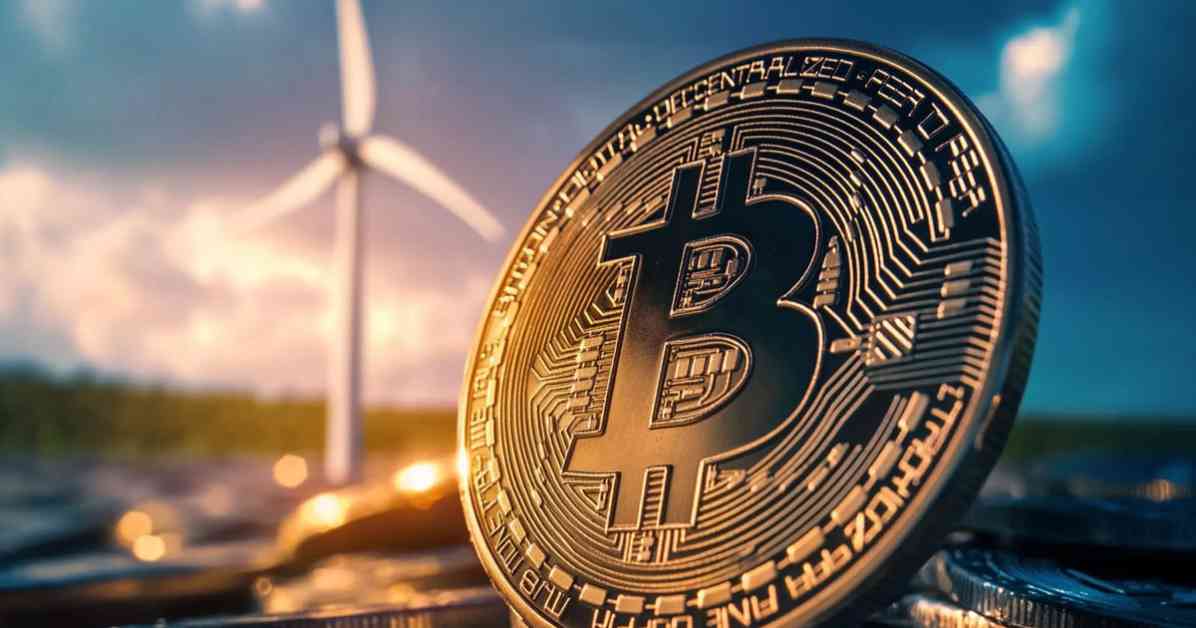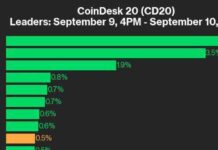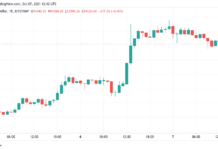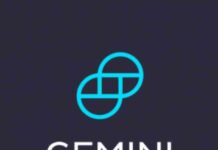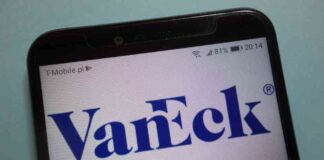German traditional finance giants have officially confirmed a trial project aimed at mining Bitcoin using surplus renewable energy in order to stabilize the energy grid. The initiative, a partnership between Deutsche Telekom and Bankhaus Metzler, seeks to utilize excess electricity from renewable sources that would otherwise go to waste due to grid limitations or storage issues.
The announcement made on November 4 highlights the challenges of increasing renewable energy production, particularly in balancing the grid during irregular production peaks caused by varying weather conditions. By engaging in Bitcoin mining, Deutsche Telekom hopes to play a crucial role in balancing energy supply and demand within the grid, drawing inspiration from successful implementations of this method in countries like the United States and Finland.
The mining operations are being carried out by Metis Solutions GmbH at Riva GmbH Engineering’s facilities in Backnang, Germany. Riva Engineering, known for manufacturing metal and glass facades, generates its own electricity through a photovoltaic system. Telekom MMS is responsible for operating the mining devices, while Bankhaus Metzler is actively involved in defining test runs and analyzing data to explore future financial service opportunities with digital assets.
Oliver Nyderle, Head of Digital Trust & Web3 Infrastructure at Deutsche Telekom MMS, views this project as a step towards assessing the regulatory impact of Bitcoin miners on the energy grid. He describes the process as “digital monetary photosynthesis,” where surplus energy is converted into digital values through the mining activities.
Hendrik König, Head of the Digital Assets Office at Bankhaus Metzler, sees this initiative as an opportunity to gain valuable experience in blockchain technology applications and further enhance Germany’s innovative capabilities in this field. The bank established its Digital Assets Office in 2022 to focus exclusively on blockchain technology and the digital assets ecosystem.
Telekom MMS has a history of providing infrastructure for various decentralized protocols in the Web3 sector, including networks like Chainlink, Fetch.ai, and Polygon. In 2023, the company expanded its portfolio to include operating a Bitcoin node, marking its initial involvement with a proof-of-work network.
The primary goal of this pilot project is to collect field data and insights to inform future initiatives, potentially aiding in stabilizing the energy grid during fluctuations. Wind power producers and photovoltaic plant operators stand to benefit from this technology, addressing the challenge of unpredictable regulating power. This partnership between German finance giants represents a significant step towards sustainable energy practices and technological innovation in the financial sector.
